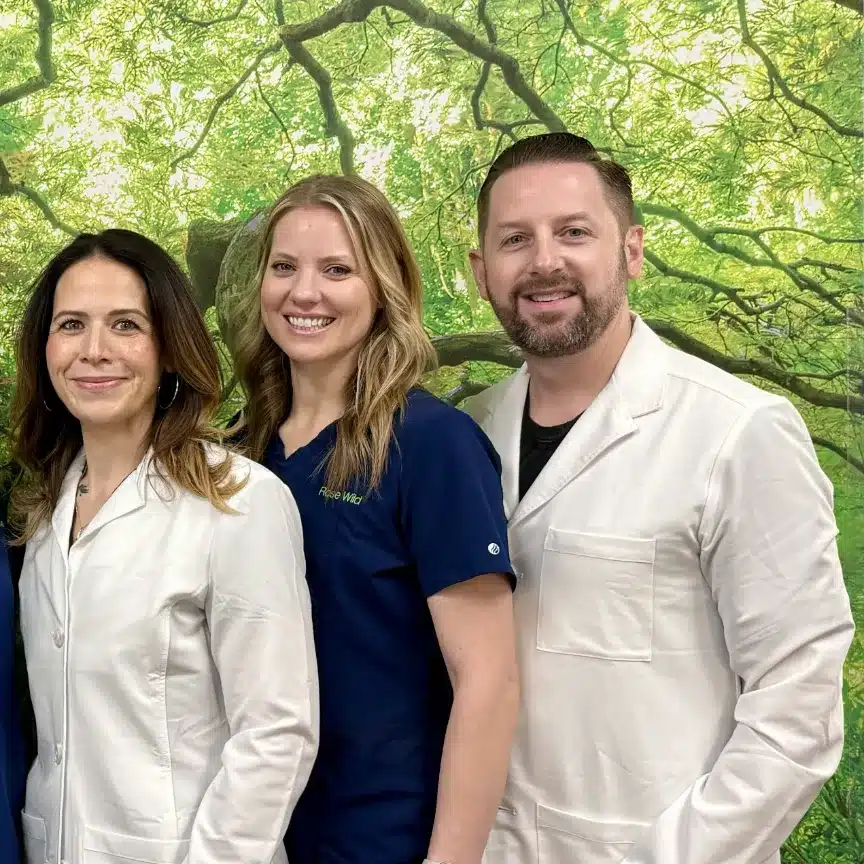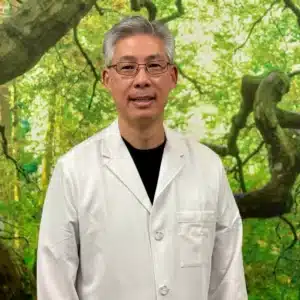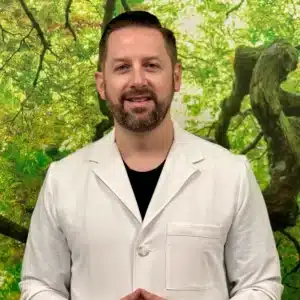Psychedelic Treatment for Better Mental Health in Scottsdale
Ketamine is revolutionizing the treatment of mental health problems and chronic pain, and more specifically, play a pivotal role in psychedelic therapy. The brain heals and resets by using substances such as ketamine. Ketamine is unlike traditional treatments; unlike other medications that work over weeks — ketamine works in hours to reset the brain and provide relief. This therapy is especially helpful for those people who are suffering from depression, anxiety, PTSD, and long-term pain. It works quickly and attacks these issues from the causes, providing fast results for getting rid of the problems.
Psychedelic therapy is getting attention because it can heal emotions and boost mental clarity. It is well documented that psychedelics can change the brain (or at least some parts of the brain), and in a way that supplants conventional treatments.

What Is Psychedelic Treatment And How Does it Work?
What Are Psychedelics?
Psychedelics are natural or lab-made substances that change how you perceive, think, and feel. They create a temporary shift in awareness and are known for their ability to bring out deep emotional insights. These substances have been used in spiritual and healing rituals for centuries and are now being explored for their mental health benefits.
- They mainly affect serotonin, the chemical that helps control mood.
- The term “psychedelic” means “mind-revealing.”
- When used responsibly in the right setting, they can help reveal hidden thoughts and emotions.
Psychedelics are considered non-addictive and safe when used under medical supervision.
What Is Psychedelic Therapy?
Psychedelic therapy combines the use of a psychedelic substance—like ketamine—with guided talk therapy to support healing. It helps patients explore deep-rooted emotional pain, trauma, and negative thought patterns in a safe, structured environment.
- Involves preparation, the psychedelic session, and post-treatment integration.
- Helps uncover and reprocess suppressed emotions.
- Can bring about personal growth, emotional breakthroughs, and mental clarity.
- Research supports its potential for lasting psychological healing.
How Does Psychedelic Therapy Work?
Psychedelics temporarily change brain chemistry, allowing the mind to break free from rigid or harmful thought patterns. They enhance neuroplasticity, or the brain’s ability to form new connections.
- Helps the brain “rewire” itself to process emotions differently.
- Reduces the activity of the brain’s default mode network (DMN), often linked to anxiety and depression.
- Encourages new thoughts and perspectives by increasing brain connectivity.
- Allows people to safely revisit trauma without overwhelming emotion.
- Helps the brain “rewire” itself to process emotions differently.
What Conditions Can Psychedelic Therapy Help With?
Psychedelic-assisted therapy is showing promise for many difficult-to-treat mental and physical conditions:
- Depression: Especially when traditional medications haven’t helped.
- PTSD: Helps reprocess trauma and reduce emotional pain.
- Anxiety & OCD: Eases constant worry and looping thoughts.
- Chronic Pain: Helps change how the brain experiences pain.
- Addiction: Supports breaking the mental patterns linked to substance use.
- Depression: Especially when traditional medications haven’t helped.
Psychedelics and Mental Health: What Research Shows
Psychedelics are showing strong evidence in helping people where traditional treatments fall short:
- MDMA (in clinical trials) helps people with PTSD reconnect and heal.
- Psilocybin shows positive results for depression and end-of-life anxiety.
- Ayahuasca may reduce addiction by increasing emotional insight.
- Studies confirm psychedelics promote healing by increasing serotonin and disrupting harmful thought patterns.
Ketamine stands out for its legal use and fast results.
How Ketamine Supports Psychedelic Therapy
Ketamine is currently the only legal psychedelic medicine available in the U.S. for mental health treatment. It works on a different brain system than most antidepressants, acting on glutamate rather than serotonin.
- Ketamine Therapy helps reset brain signals by calming overactive nerves linked to pain and mood.
- Promotes neuroplasticity to help the brain form healthier patterns.
- Can ease symptoms within hours—not weeks.
- Supports emotional breakthroughs and deeper self-understanding.
- Particularly effective when combined with integration coaching and therapy.
Why Choose Our Clinic for Psychedelic Therapy?
We offer a personalized, physician-led approach focused on safety, results, and long-term transformation.
- Experienced Doctors: 40+ years of combined expertise from Dr. Sharma, Dr. Wong, and Dr. Leathem.
- Safe and Personal Treatment Rooms: Our clinic provides personal treatment rooms with modern state of art monitoring equipment for your safety and best experience.
- Ketamine Specialists Coaching: In addition to doctor’s ketamine treatment, we include 3 hours of Ketamine specialist coaching to get most of your treatments.
What You Can Expect from Psychedelic Ketamine Therapy
Here’s what a typical psychedelic Ketamine therapy process looks like:
- Consultation: A medical provider assesses your history and symptoms.
- Dosing Sessions: You receive ketamine in a calm, monitored setting.
- Integration Coaching: After each session, you work with a Ketamine Specialist Coach to apply insights to your life.
- Follow-Up: Ongoing check-ins help ensure long-term benefits.
Each step is designed to support deep emotional healing, not just temporary symptom relief.
Schedule a Complimentary Consultation with Doctors
We provide complimentary consultation on a phone call. One of our experienced doctors will discuss your concerns and provide guidance.
Call us on 480-253-9710 (Scottsdale) or 480-256-9322 (Gilbert), or fill the form below to receive a call back.
Watch | Patient Experiences with Ketamine Treatment
Reading material on Ketamine Studies by National Institute of Mental Health
Meet Our Doctors | Licensed Ketamine Therapists
Dr. Gregory Wong, MD, is a Board-Certified Anesthesiologist with nearly 30 years of experience in medical practice. He has dedicated his career to improving patient outcomes, first in anesthesiology
Dr. James Leathem, DO is a Board-Certified Anesthesiologist and co-founder of Gilbert Chandler Ketamine Therapy Clinic and Scottsdale Ketamine Therapy Clinic. With over a decade of experience in anesthesia
Dr. Deepak Sharma, MD, MBA, is a Board-Certified Anesthesiologist with a passion for transformative healing through ketamine therapy. With over 8 years of experience, he has helped thousands
Schedule a Complimentary Consultation with Doctors
We provide complimentary consultation on a phone call. One of our experienced doctors will discuss your concerns and provide guidance.
Call us on 480-253-9710 (Scottsdale) or 480-256-9322 (Gilbert), or fill the form below to receive a call back.












